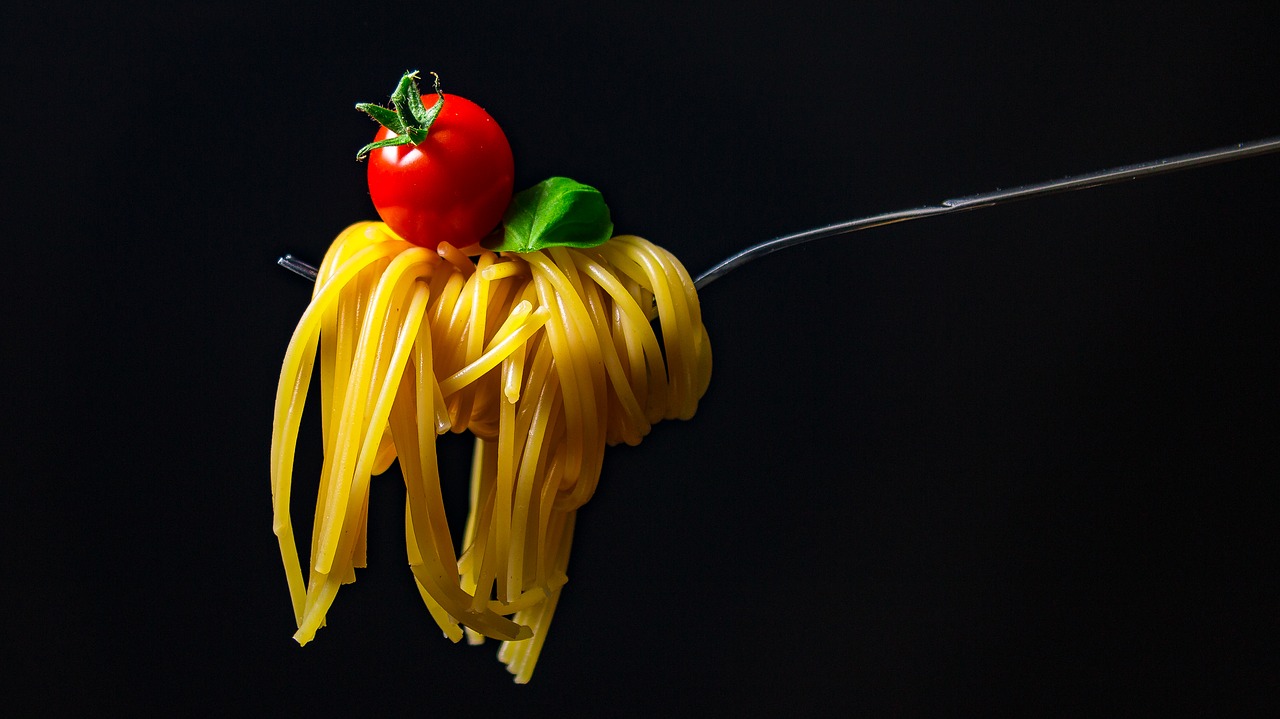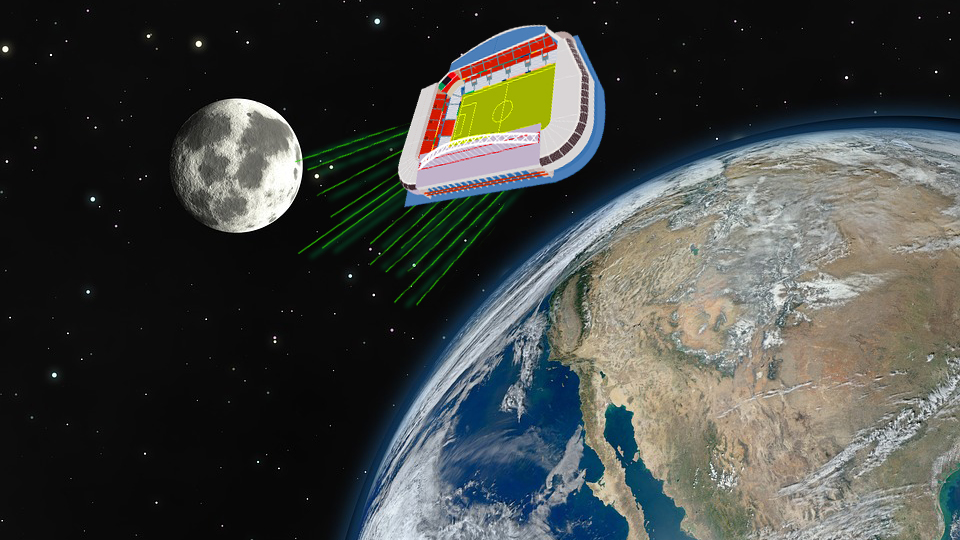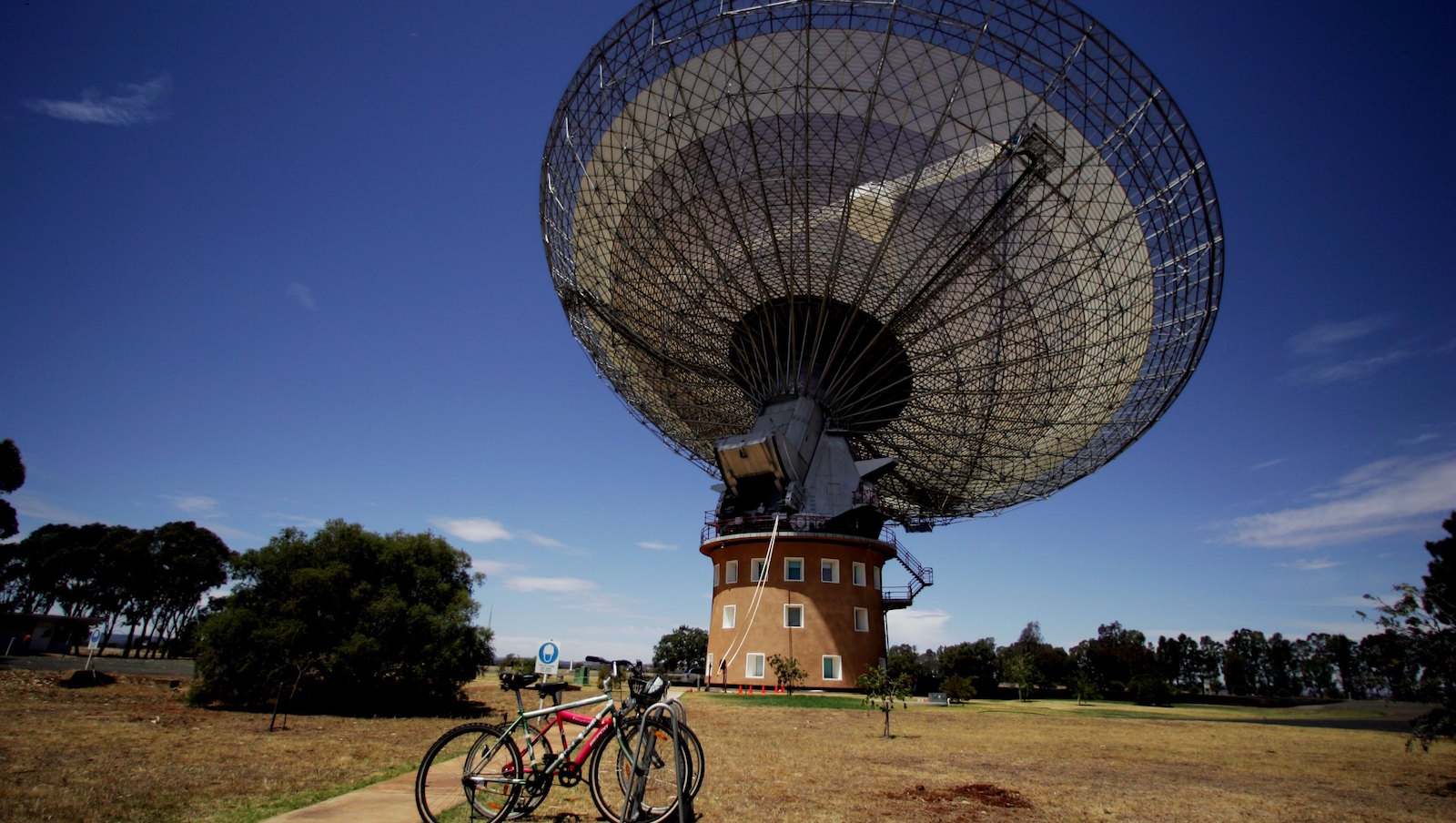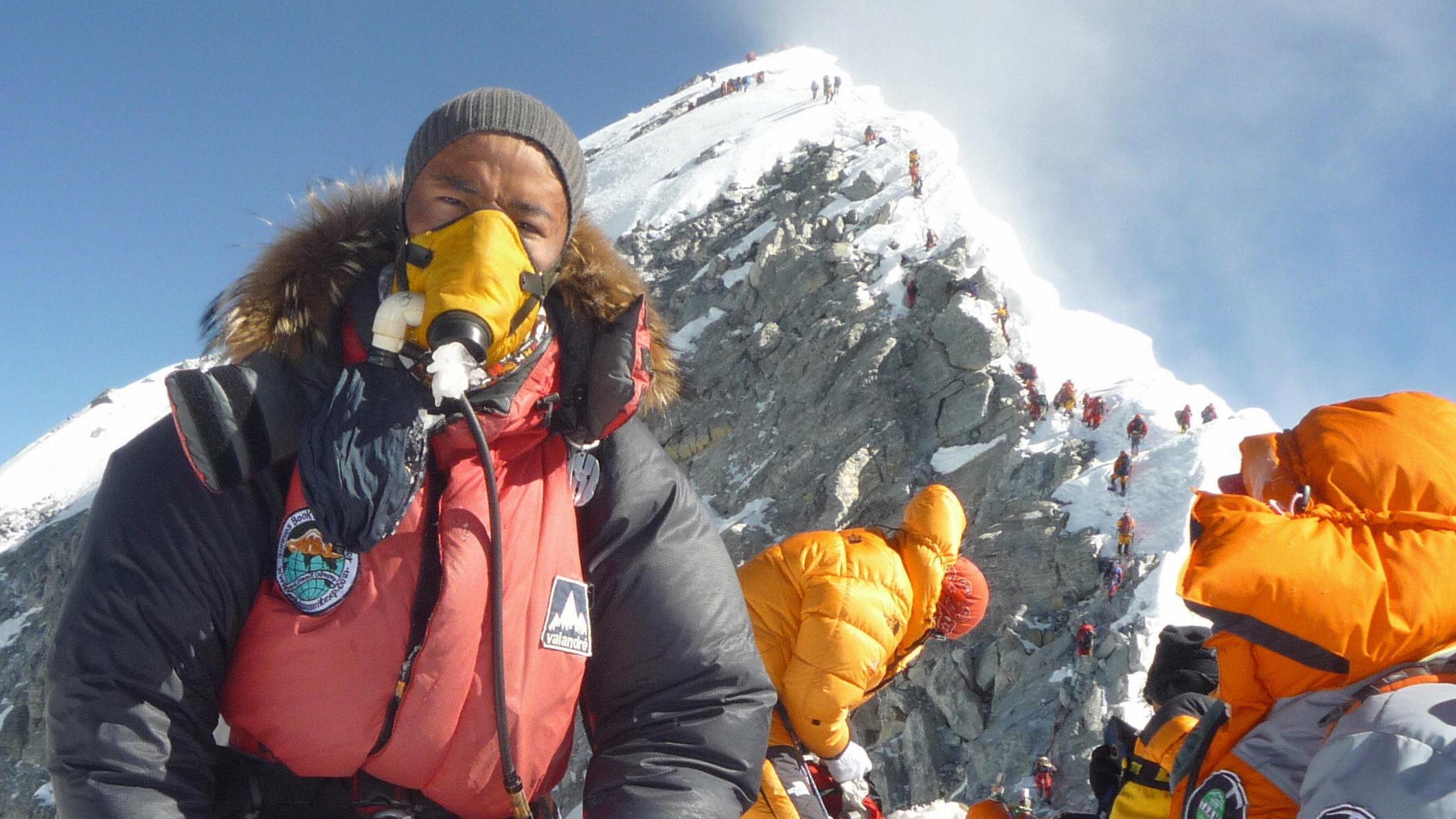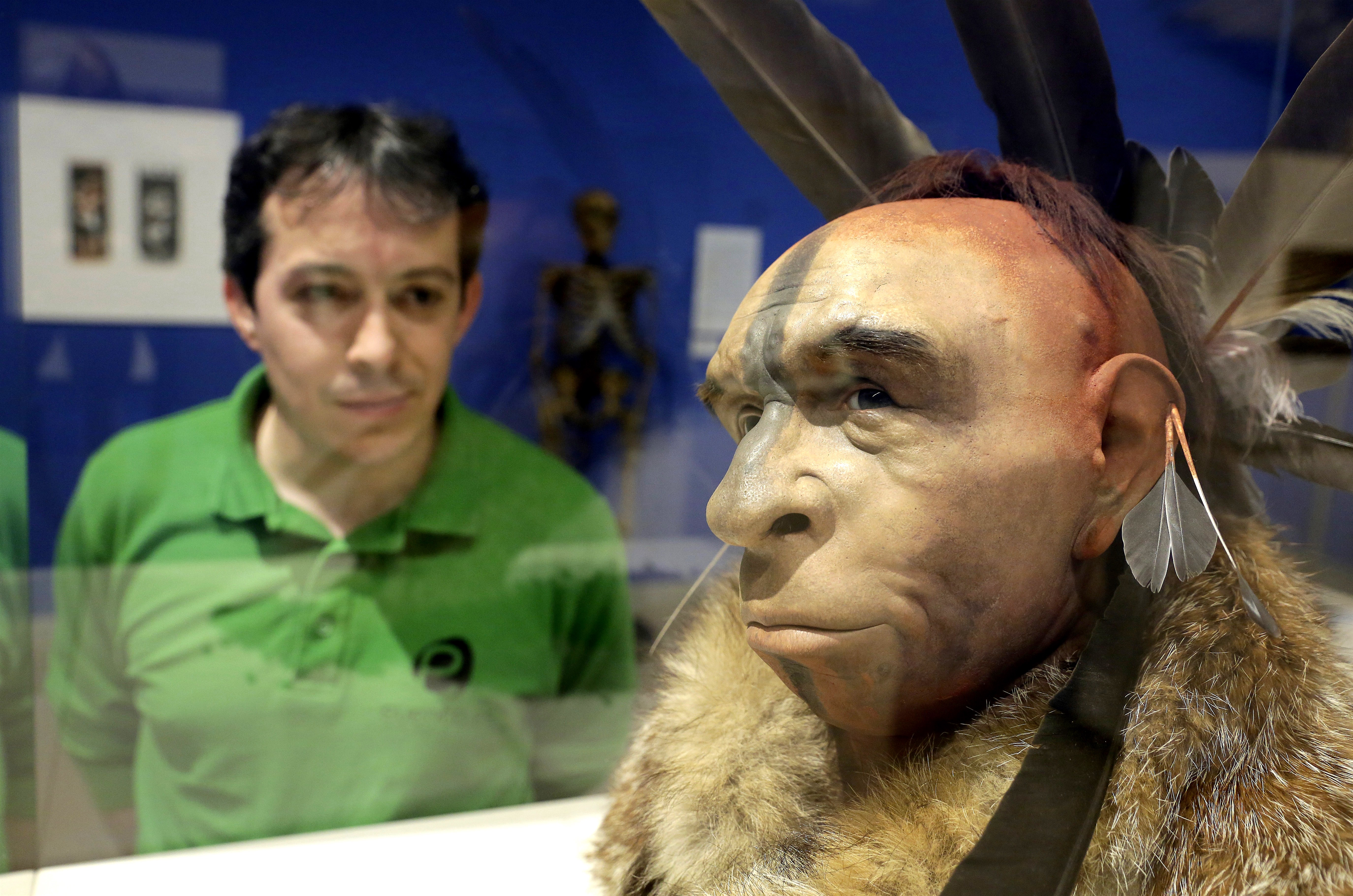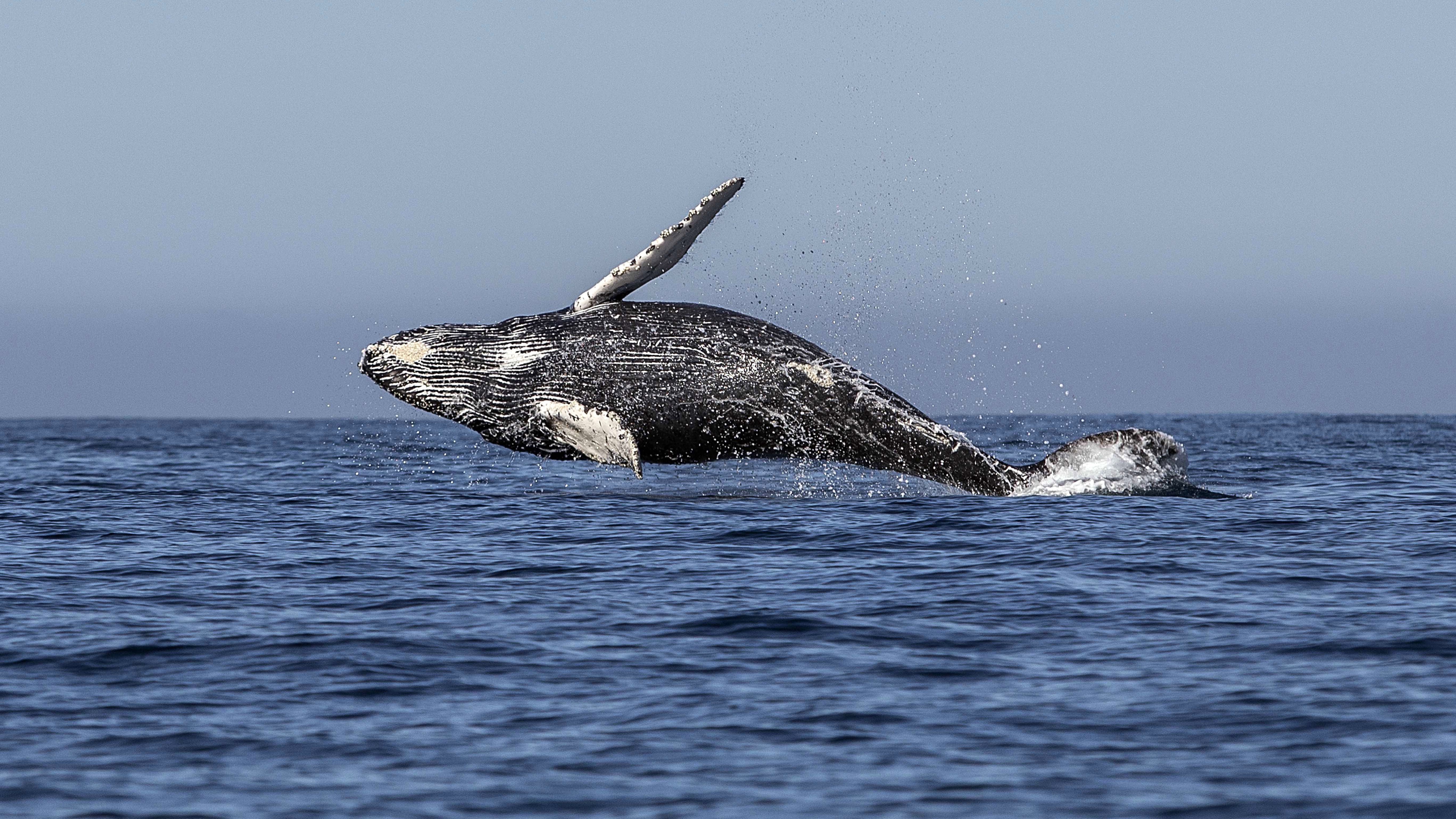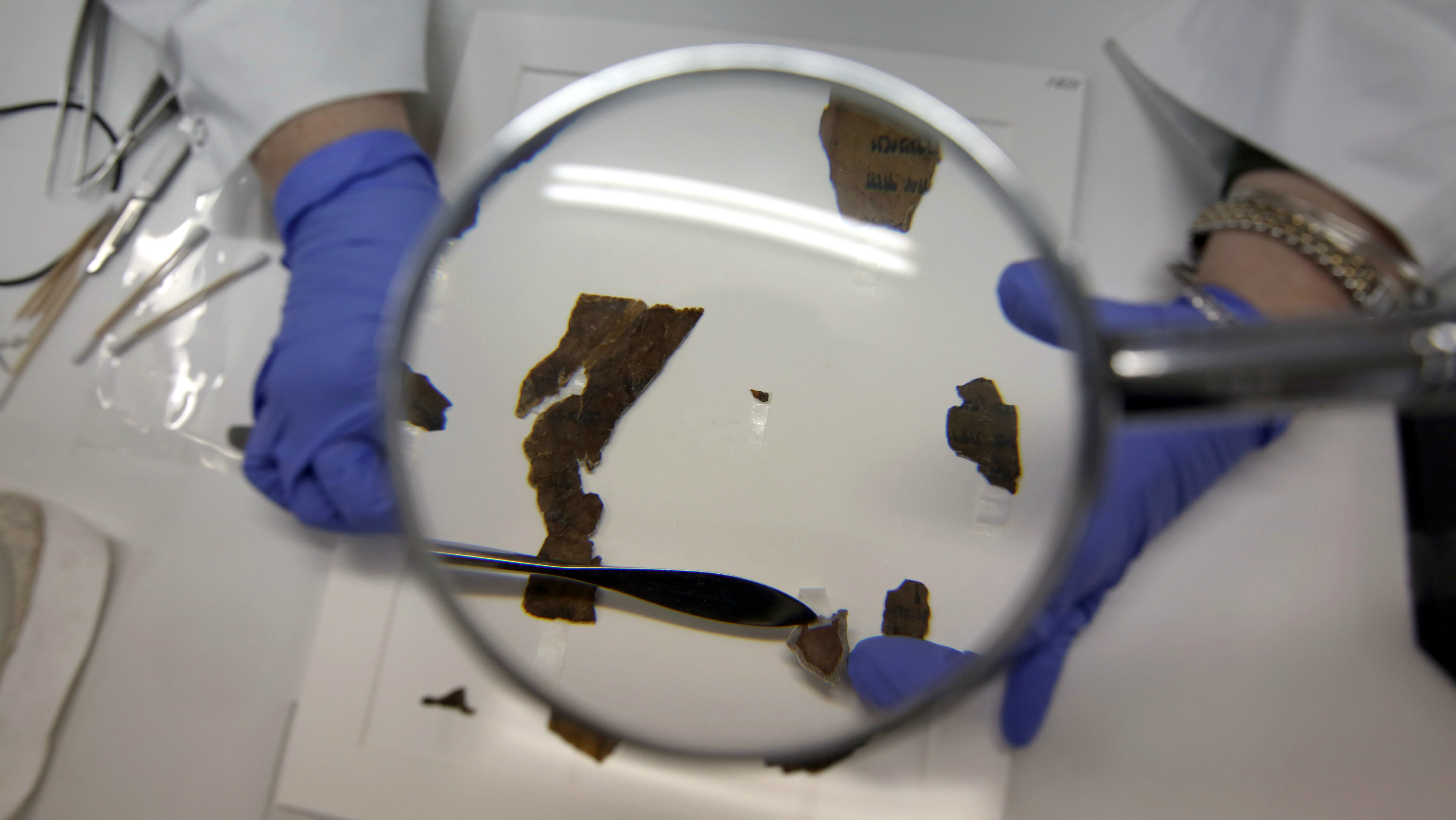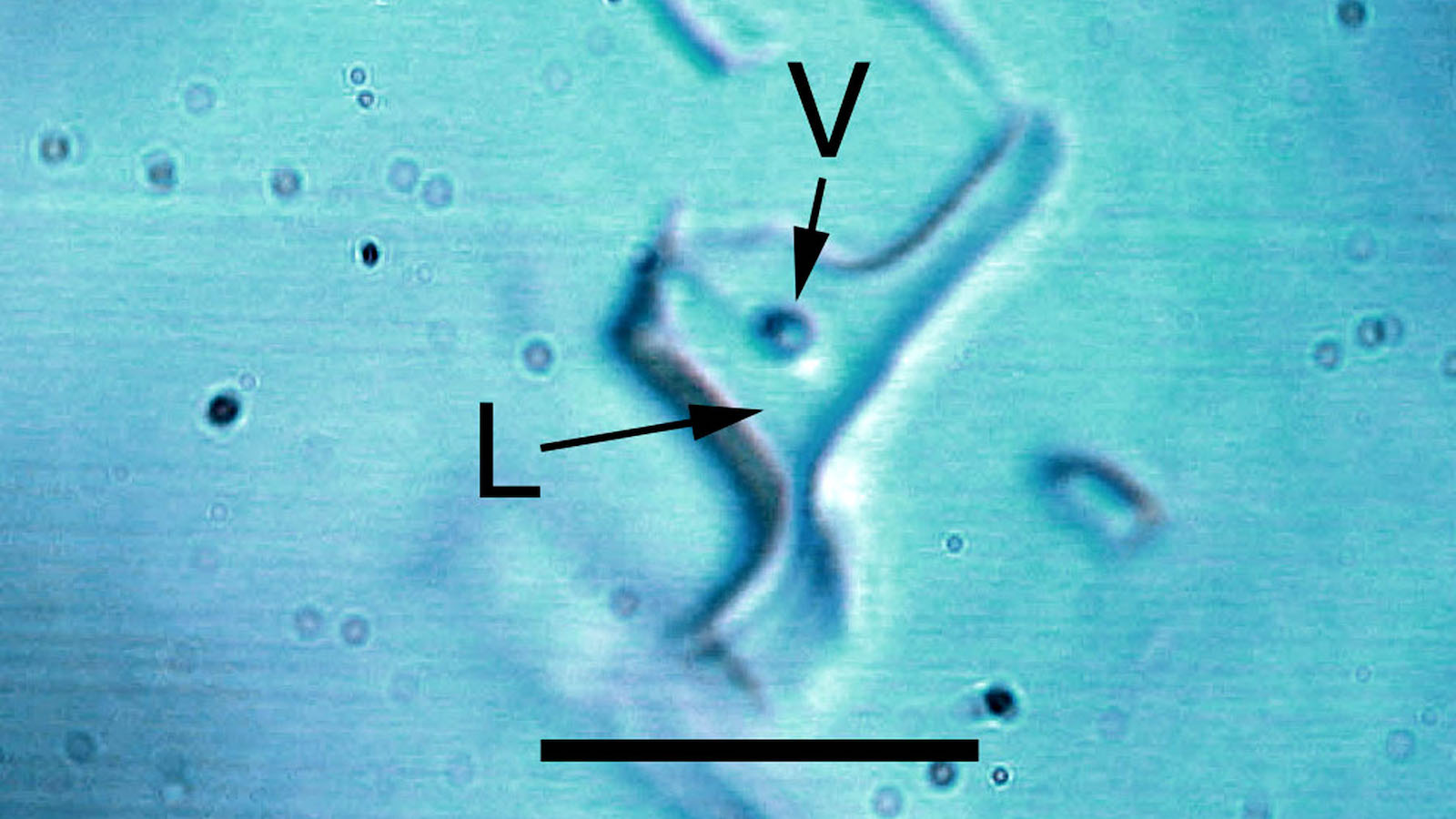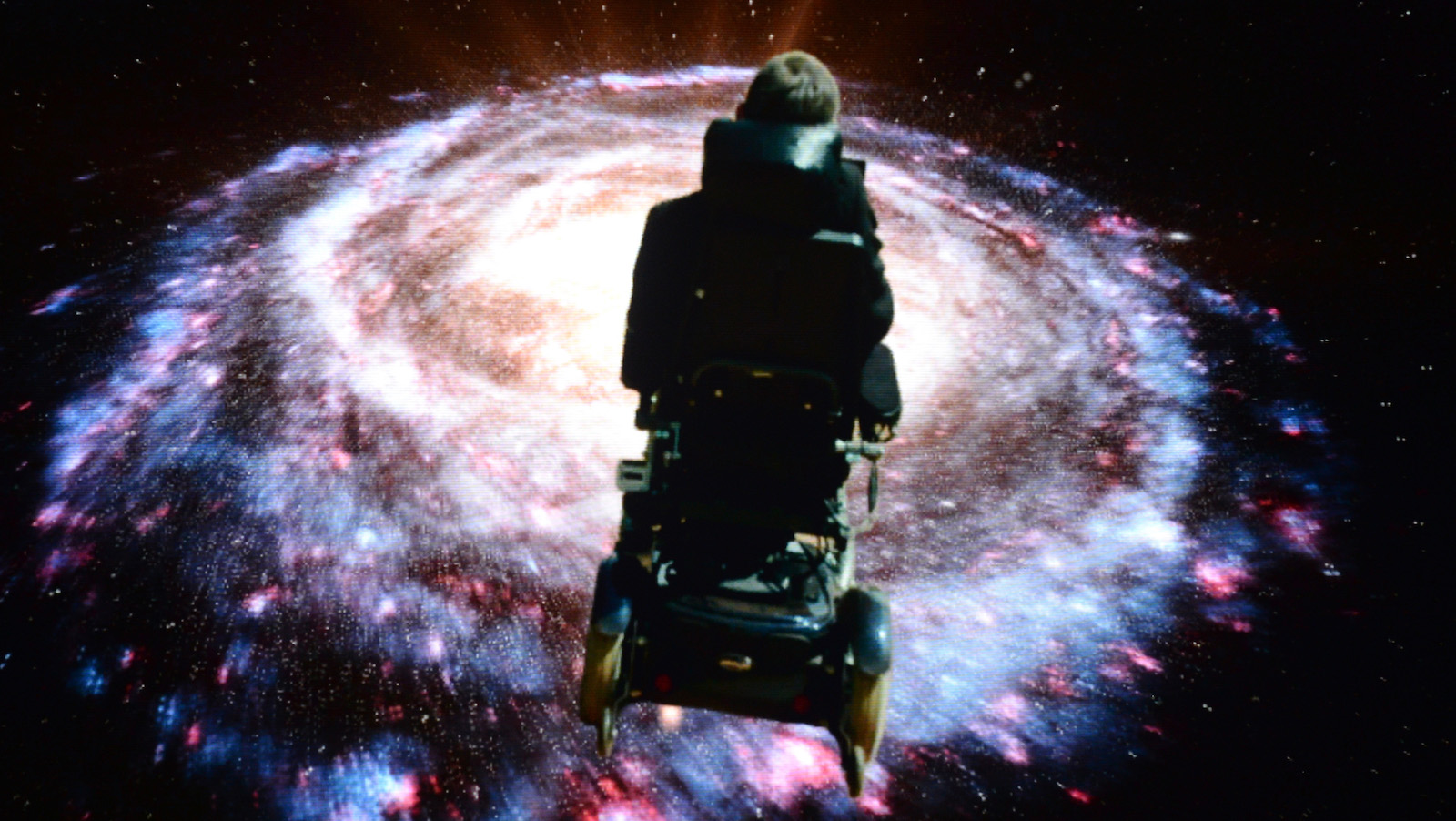Surprising Science
All Stories
The unpredictable groove of jazz music actually makes jazz the perfect music for sharks because it mimics the unpredictable flop of prey.
New research finds evidence that the gravitational pull of Jupiter and Venus has been warping our orbit every 405,000 years, at least as far back as 215 million years ago.
An analysis of 32 randomized control studies showed that pasta, as part of a low-glycemic diet, didn’t contribute to weight gain in participants.
Quick, what’s traveling at 106,000 kilometers per hour (66,000 mph) and is as big as a football field?
While observing a young star system, astronomers noticed the star had a small, mysterious companion in its orbit.
It’s becoming more clear what the root cause of Parkinson’s is, and the solution may be farther south than the brain, nestled in our gut microbiome.
A new study performed at MIT suggests that children remain very skilled at learning the grammar of a new language much longer than expected.
It’s not a head-to-head study comparison, since there are major differences, but it might just provide a lot more clues.
The reanimation of decapitated pigs raises complex ethical questions about the future of life-extension research.
This gives credence to the 5–2 diet, which has recently gained in popularity thanks to a large celebrity following.
New finds are revolutionizing what we know about the early humans.
Ever recognize the repeating patterns of nature? There’s a theory for that.
Once hunted to near-extinction, humpback whales living in southern oceans near Antarctica are making a comeback. But will it last?
Wormholes might very well be a key feature to our cosmos.
The Dead Sea Scrolls were first discovered in the West Bank in 1946, but now a specialized camera is helping researchers read bits of the manuscripts for the first time.
Time crystals have been detected in an unexpected place: monoammonium phosphate, a compound found in fertilizer and ‘grow your own crystal’ kits.
Stephen Hawking’s final paper is all about the multiverse, quantum relativity, string theory, relativity and more.
A team of Polish designers has just won a competition with its design for an inflatable skyscraper designed for use in emergency zones.
Humans have way more than five senses, and if you include the animal kingdom there even more still.
We all want to help our children learn and a new study shows that encouraging curiosity might be the best way to do it.
What do hockey, movies, and cardboard boxes have in common? They’re incredibly interesting, and featured in our weekly random fact roundup.
New research on the hypothalamus shows that body heat matters.
Fasting is trending, yet it’s also been prescribed for thousands of years. Does the science on the Fasting Mimicking Diet (FMD) hold up?
The answer can give us an indication of where our universe is headed and how it might end.
If you go down to the woods today you’ll be sure of a big surprise… (possible) death by caterpillar!
Scientists have replicated Albert Einstein’s spooky action at a distance on a massive scale—well, for the quantum world, anyway.
Lack of replication is a serious problem in science. So far, no one has an answer.
In his latest book, ‘When: The Scientific Secrets of Perfect Timing’, Daniel Pink makes a convincing case for more naps.
If you’ve ever heard that there are differences between the “left and right brain”, you can blame Michael Gazzaniga. His new work aims at closing the gap between the meat of the brain and the magic of consciousness, and maybe saving us a lot of future headaches.


